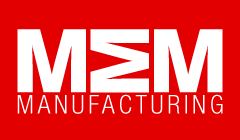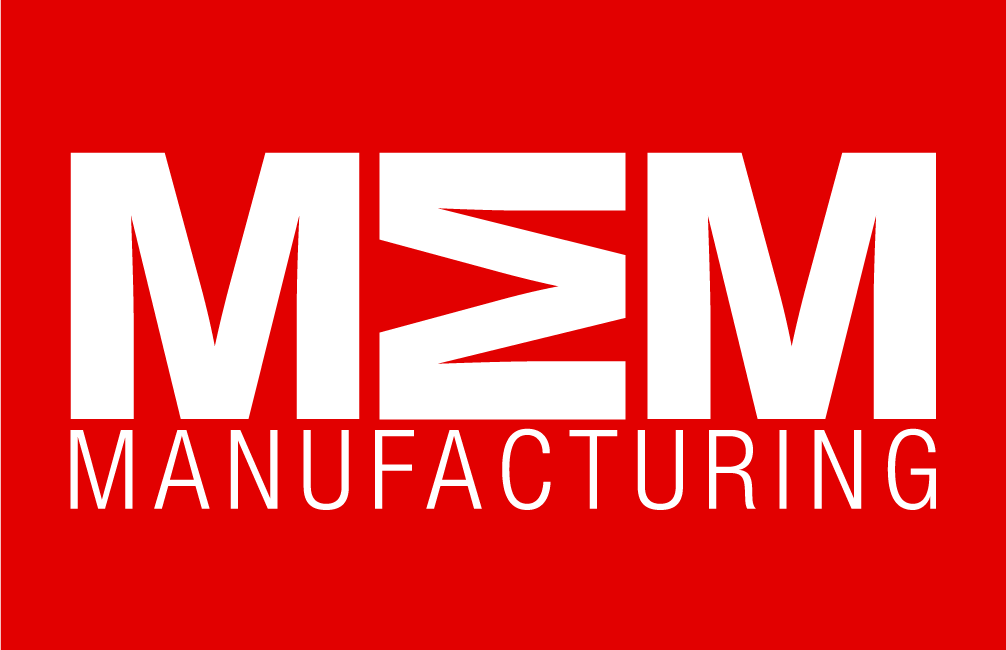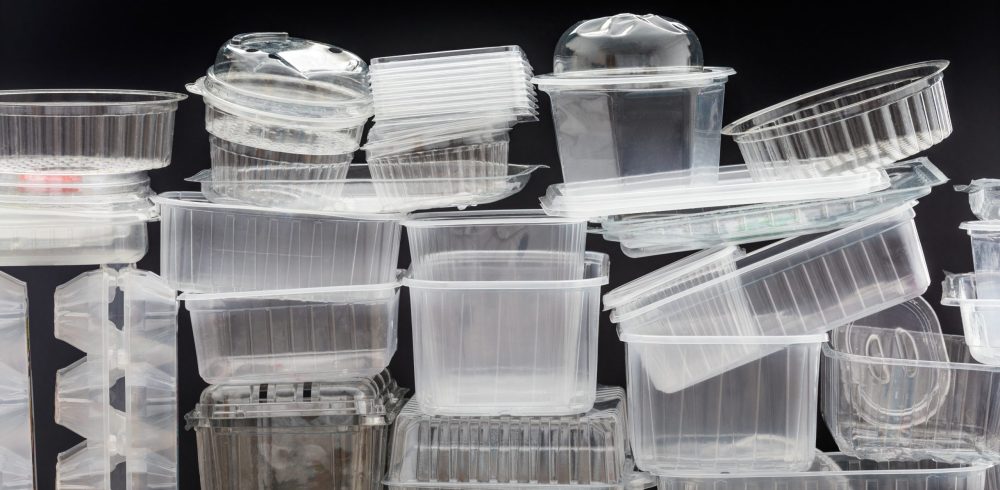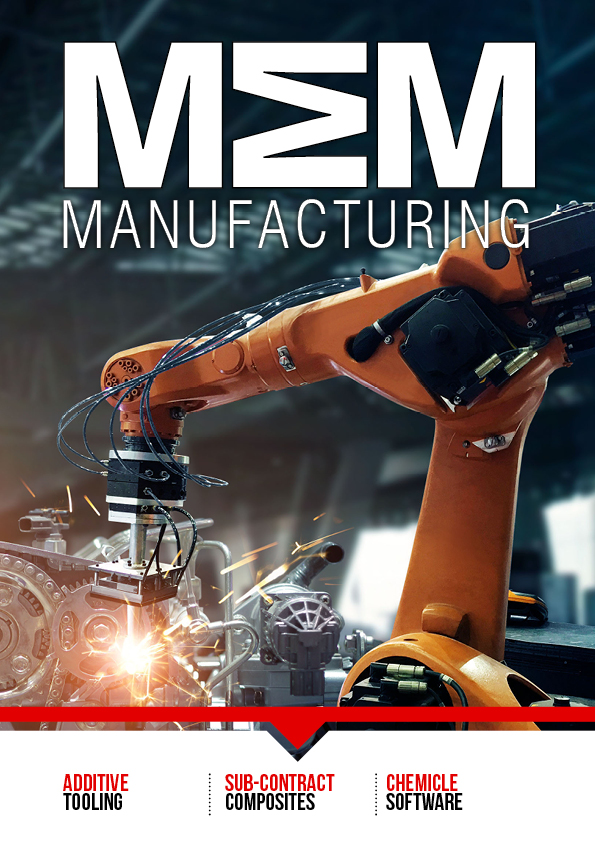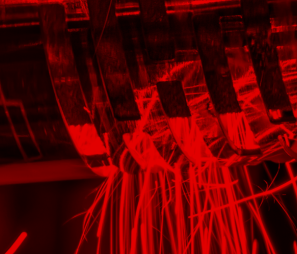As demand and reliance on plastic injection moulding rises, so are concerns about its environmental impact and energy consumption. Here, Nigel Smith, managing director at TM Robotics, the official distribution partner of Shibaura Machine injection moulding machines in the UK and Ireland, highlights the role of all-electric moulding machines in advancing sustainability in UK manufacturing.
According to Grand View Research, forecasts suggest that the compound annual growth rate (CAGR) for the injection moulded plastics market will rise by 4.6 per cent through 2028. The anticipated growth is being driven by the growing demand for plastic components across various industries including automotive, packaging, home appliances, electrical and electronics and medical devices.
The market growth will be especially fuelled by rising investments in the packaging and automotive sectors, with automotive companies increasing their production capacities and prioritising weight reduction to enhance fuel efficiency. For instance, the increasing use of plastics to replace metals and alloys in automotive components is predicted to drive product demand among end users — and will offer significant opportunities for injection-moulded plastics to enter the market.
But, as demand and reliance on injection moulding rises, so too are concerns about its environmental impact and the energy consumption of moulding processes. Combining high temperatures, pressures, cooling requirements and equipment operation, injection moulding can be a very energy-intensive manufacturing process.
Fortunately, all-electric injection moulding machines are offering an alternative to more energy-intensive hydraulic models. Let’s look at how all-electric machines can support the rise of injection moulding, while addressing environmental concerns.
Eco-friendly packaging
One company that is embracing the advantages of all-electric injection moulding machines is Lotan, a UK-based manufacturer. The manufacturer specialises in sustainable packaging solutions for various industries including food and beverage, cosmetics, pharmaceuticals and retail. Lotan wanted to achieve a balance between functionality, cost-effectiveness and eco-friendliness in its packaging solutions.
The company turned to Shibaura Machine all-electric injection moulding machines, supplied by TM Robotics. Performance benefits of the machines include a range of clamping force from 50 to 2,500 tons, which can be calibrated by a digital direct screw transfer (DST) control for added production flexibility. Other advantages included faster injection speeds and improved cycle times. In addition, the machines’ user-friendly interface and Internet of Things (IoT) integration could help to simplify Lotan’s operations and support its preventive maintenance.
Performance tests
Performance tests conducted by Shibaura Machine ensure the energy efficiency of all-electric injection moulding machines. In one instance, the performance of an all-electric Shibaura Machine’s EC650SX-61B IMM, which boasts a clamping force of 650 tons, was evaluated against hydraulic servo alternatives. The EC650SX-61B IMM showcased a notable 51 per cent reduction in energy consumption.
In another test, Shibaura Machine’s 1,800 ton EC1800SX-155B model was put against a rival all-electric injection moulding machine. Both machines exhibited similar energy consumption levels — but Shibaura Machine’s EC1800SX-155B showcased a superior cycle time and an impressive 30 per cent overall energy efficiency gain.
Lotan’s use of Shibaura Machine all-electric injection moulding machines has yielded substantial energy savings of up to 40 per cent compared with traditional hydraulic counterparts. The company has also reported significant improvements in performance, and cost-effectiveness, and ordered several more Shibaura Machine injection moulding machines from TM Robotics — specifically its newest SXIII range.
As the demand for plastic components continues to grow, so too is the imperative to adopt sustainable manufacturing practices. Fortunately, all-electric injection moulding machines have a significant role to play in industry’s ambitions for better sustainability and operational efficiency.
To learn more about how Shibaura Machine’s all-electric injection moulding machines support sustainable manufacturing, visit TM Robotics’ website.
Manufacturing & Engineering Magazine | The Home of Manufacturing Industry News
